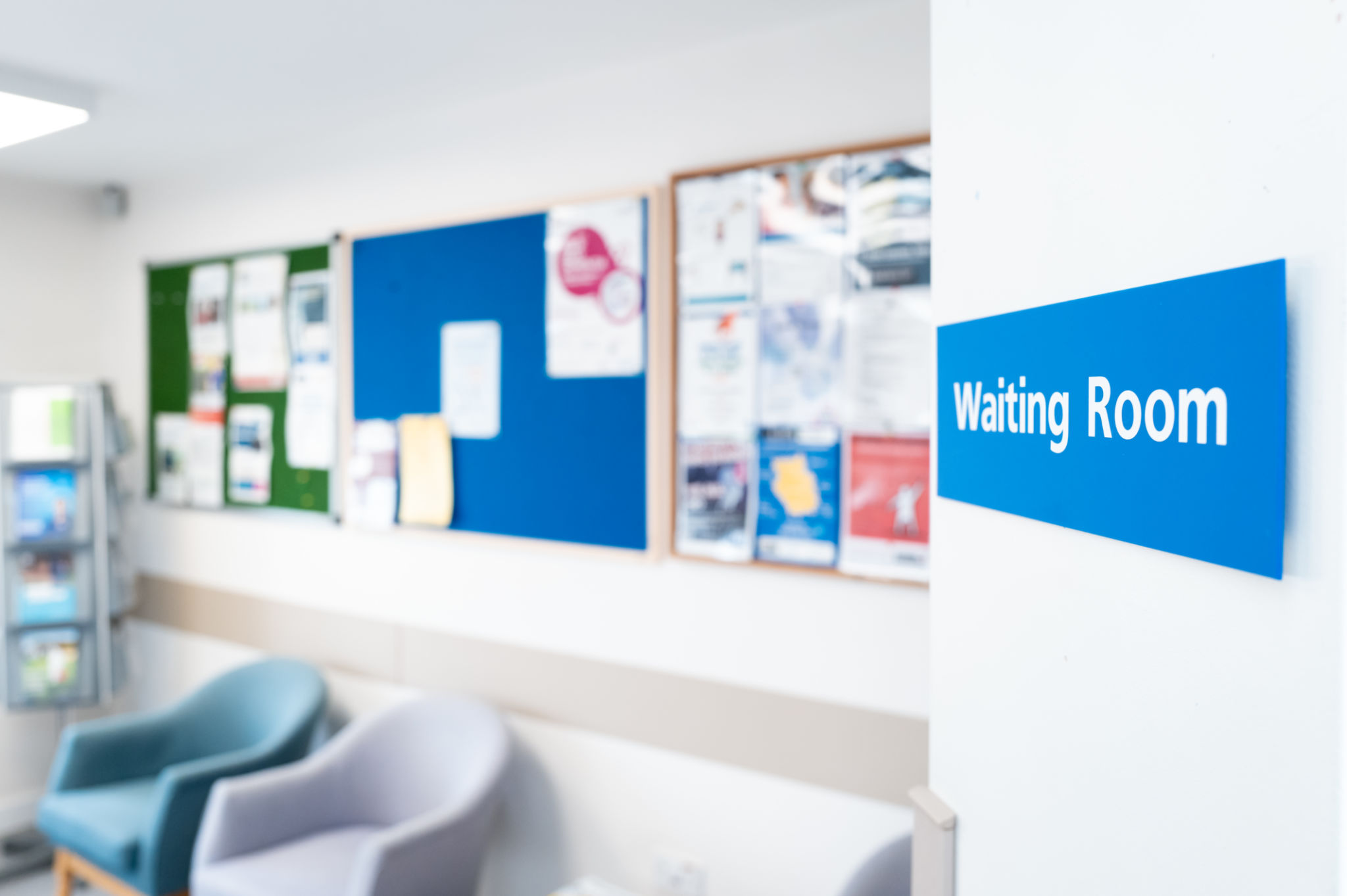Understanding Common Misconceptions About UK Health Care Services
The Role of the National Health Service (NHS)
The UK's National Health Service, commonly known as the NHS, is often misunderstood, especially by those outside the country. One common misconception is that it provides "free" healthcare. While it's true that the NHS offers a broad range of services without direct charge at the point of delivery, it is funded through taxation. This means UK residents contribute to the system through their taxes, and in return, they receive healthcare services.
Another misunderstanding is the belief that private healthcare is non-existent in the UK. In reality, private healthcare does exist and operates alongside the NHS. Some individuals choose private health insurance for quicker access to certain services or treatments not available on the NHS.

Access to Services and Waiting Times
A prevalent myth concerns waiting times for treatments under the NHS. It is often portrayed that patients must endure long waits for all types of care. However, while it is true that some non-urgent procedures may have longer waiting periods, the NHS prioritizes urgent and emergency care, ensuring timely treatment for those in critical need.
Furthermore, many people wrongly assume that everyone receives the same care without any prioritization. In practice, medical professionals assess patients based on urgency and need, ensuring that resources are allocated effectively and those who require immediate attention are treated promptly.

Quality of Care and Services Offered
There is a perception that NHS services are of lower quality compared to private healthcare. This is a misconception, as NHS healthcare professionals are highly trained and committed to providing excellent care. The NHS also upholds strict standards to maintain quality across all services.
Moreover, the range of services covered by the NHS is extensive. Aside from general medical care, it includes specialized services such as mental health support, maternity care, and preventative measures like vaccinations.

Prescriptions and Medication
Another area of confusion revolves around prescriptions. Contrary to some beliefs, prescriptions are not entirely free in the UK. Patients in England pay a standard charge per prescription item, though there are exemptions for certain groups such as children, seniors, and those with specific medical conditions.
Additionally, it's important to note that medications are rigorously evaluated before being approved for use in the NHS. This ensures that patients have access to safe and effective treatments, aligning with global standards in pharmaceutical care.
The Impact of Brexit on Healthcare
The potential impact of Brexit on UK healthcare has been a subject of concern and speculation. Some believe that Brexit will severely affect the NHS's ability to function effectively. While uncertainties remain, efforts continue to ensure that healthcare delivery remains efficient and that international collaborations in medical research and staffing are maintained.
Overall, understanding these common misconceptions about UK healthcare services can help demystify the system for both residents and international observers. By clarifying these points, individuals can better appreciate the strengths and challenges faced by one of the world's most renowned healthcare systems.
